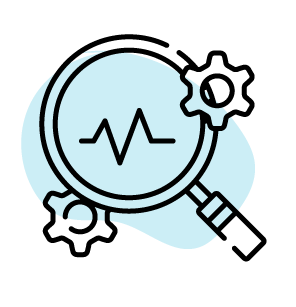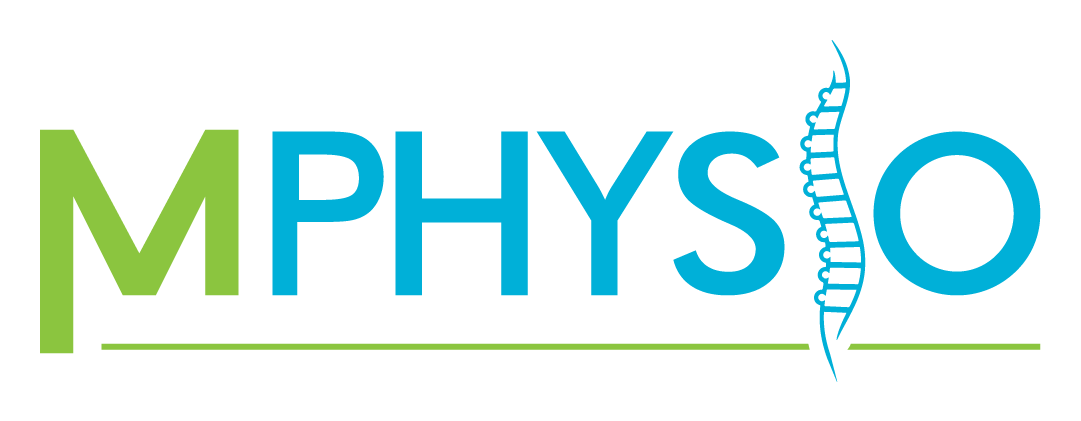About Our Plan
A Simple Plan For Long Term Recovery

Interview
- Detailed history assessment
- Daily habit analysis
- Your Goals

Physical Testing
- Full comprehensive assessment
- Posture
- Movement
- Assess all 3 systems (Muscles, Joints, Nerves)

Diagnosis
- Review asterisk signs
- Understand the problem
- Explain the problem to you

Treatment
- Usually commences in the 2nd visit
- Exercise therapy
- Hands on therapy
- Improve pain and movement

Recommendations
- Education
- Exercise
- Stretches

Plan
- Recovery plan explained
- Joint implementation
Interview
- Detailed history assessment
- Daily habit analysis
- Your Goals
Physical Testing
- Full comprehensive assessment
- Posture
- Movement
- Assess all 3 systems (Muscles, Joints, Nerves)
Diagnosis
- Review asterisk signs
- Understand the problem
- Explain the problem to you
Treatment
- Usually commences in the 2nd visit
- Exercise therapy
- Hands on therapy
- Improve pain and movement
Recommendations
- Education
- Exercise
- Stretches
Plan
- Recovery plan explained
- Joint implementation
Finding Root Causes
The 3 Main Areas That Can Trigger Your Symptoms

Understanding Your Primary & Secondary Contributing Factor
PCF (Primary Contributing Factor)
is the main problematic point in your body that is aggravating your condition. You will be surprised where your PCF may come from and more often than not your PCF will lie within a problematic segmental joint within your upper cervical spine, which is your upper neck joints.
SCF (Secondary Contributing Factor)
are other secondary problematic points in your body which are also associated with your condition. For example, your SCF may encompass a poor thoracic spinal posture which is directly aggravating your PCF.
Your clinician will identify and look after both your PCF and SCFs.
Frequently Asked Questions
Why is your clinic better than other clinics?
We deliver a 1-on-1 consultation in a private treatment room. We provide a hands-on approach and avoid using devices like TENs machine, laser or heat therapy.
We take a longer time to perform a thorough body assessment compared to the norm. This is all done in order to get the best outcome in the shortest amount of time.
Why assess the 3 systems of the body?
If you have an injury, an assessment of the 3 systems of the body needs to be thoroughly performed. These are the Nerves, Muscles and Joints. If an injury has occurred, one or a combination of these systems will be affected. Hence, in order to get your body back on track, it is important that a highly skilled physiotherapist performs a full body assessment of these 3 systems.
I haven’t had success with Physio, how can this plan help me?
The traditional view of physiotherapy is to treat where the area of pain is located. For example, if you have back pain the physio would normally treat the back.
However, our approach is different. We often find the primary underlying cause of certain conditions, like back pain, can stem from a location away from the site of pain. For example, there could be an issue with the hips, knee alignment, or even foot alignment that is causing back pain.
The bulk of the first session is usually to perform a full and thorough body assessment to find out where the cause of your pain is coming from. This approach gives us a better success rate at treating your pain or injury.
Why does your body assessment take so long?
Unlike other physiotherapy clinics, we pride ourselves in performing a thorough body assessment. You can expect most of your initial consultation will be dedicated to us performing a full body scan. This means assessing all 3 systems in the body, which are all the muscles, nerves and joints. This enables us to accurately pinpoint exactly what is going on with your body, what areas are affected and to provide an appropriate treatment plan.
